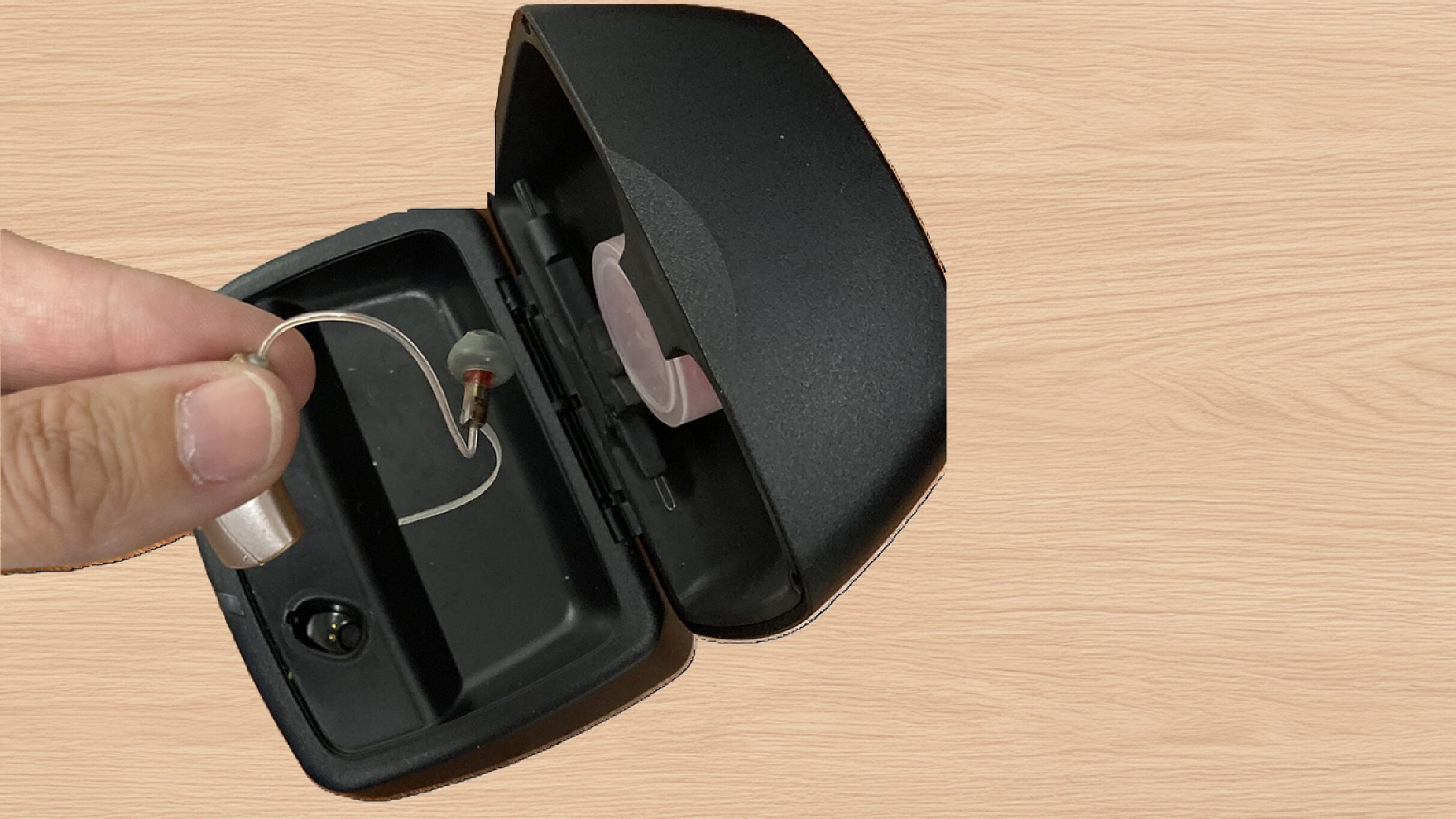Starting to wear new hearing aids can feel exciting, but you may need some time getting used to your new hearing aids. Don’t worry! With practice and help from your audiologist, you’ll soon enjoy clearer hearing and more comfortable days. To make sure your devices are working their best, it’s important to talk openly with your audiologist. Adjusting to hearing aids is a process, and the right adjustments can make all the difference.
This article contains affiliate links. This means that, at zero cost to you, Tamco
Learning Creations will earn an affiliate commission if the link is used to or clicked through, and purchase finalized.
Getting Used to Your Hearing Aid at First
When you first wear hearing aids, sounds may seem louder than usual. You might hear noises like floor squeaks, footsteps, or even the rustle of clothing more clearly than before. These sounds may surprise you at first, especially if you haven’t heard them in a long time. This is normal! Your brain is learning to focus on important sounds, like voices, and ignore background noise, like the hum of a refrigerator.
You might also feel unsure about how to put your hearing aids in or take them out. This can take a little practice, but don’t give up! Over time, it will feel much easier, and you’ll become more confident handling your hearing aids. It’s also important to make sure your hearing aids fit well in your ears. They should feel secure but not uncomfortable.
What to Tell Your Audiologist
Talking with your audiologist is a key part of adjusting to hearing aids. Your audiologist is there to help, but they need to know how things are going for you. Here are some specific things to share:
- Sounds that are too loud or too soft: If certain sounds, like chewing or typing, are painfully loud, tell your audiologist. They can adjust the settings to make these sounds more comfortable. Remember, loud sounds like alarms or door slams will still be loud for everyone, but they shouldn’t hurt your ears.
- How your ears feel: If your hearing aids make your ears feel sore, itchy, or ticklish, it’s important to mention this. Hearing aids should not cause pain or irritation, and your audiologist has ways to adjust the fit or suggest solutions for itchy ears.
- Your own voice or familiar voices: Some people find their own voice sounds too loud or “barrel-like” when they start using hearing aids. If this happens to you, let your audiologist know. Also, tell them if you have trouble understanding the voices of family or close friends. These are voices you should hear clearly in quiet settings.
Getting Used to to New Sounds
Adjusting to new hearing aids means retraining your brain to focus on the sounds you want to hear. At first, all sounds might seem equally important, even ones you’re not used to noticing, like the crunch of potato chips or the shuffle of papers. Don’t worry if these noises feel distracting at first. Your brain needs time to relearn which sounds to pay attention to and which ones to tune out.
Spend time in quiet, familiar places as you adjust to your hearing aids. This will help you get accustomed to how everyday sounds should feel. Over time, your brain will adapt, and you’ll find it easier to focus on the sounds that matter most, like conversations or music.
Tips for Success for Your New Hearing Aid
As you wear your hearing aids, keep a notebook or use your phone to jot down any problems or questions. For example, note if certain sounds feel too sharp or if the devices feel loose in your ears. This information will help your audiologist fine-tune your devices to better meet your needs.
If someone close to you, like a family member or friend, notices that your voice sounds different or struggles to understand you, invite them to your next appointment. Your audiologist can use their feedback to make sure your hearing aids work well for conversations with familiar people.
The Importance of Follow-Up Visits
Your audiologist is your partner in this process. Follow-up visits are a chance to share your experiences and make adjustments. Sometimes, small changes to the settings or fit can make a big difference in your comfort and ability to hear clearly. Don’t hesitate to ask questions or bring up any concerns during these appointments. Remember, adjusting to hearing aids isn’t something you have to do alone.
Final Thoughts
Getting used to new hearing aids takes time, patience, and communication. By working closely with your audiologist and sharing your experiences, you can make the process smoother and more successful. With the right adjustments and support, you’ll soon enjoy a world of clearer, richer sounds and feel more confident in your daily life. Don’t forget: your audiologist is there to help you every step of the way!
Interested in learning more about new hearing aids, check out our course, First Steps in a New Hearing Aid Journey.
Use this journal to keep track of all of your notes for your audiologist.

